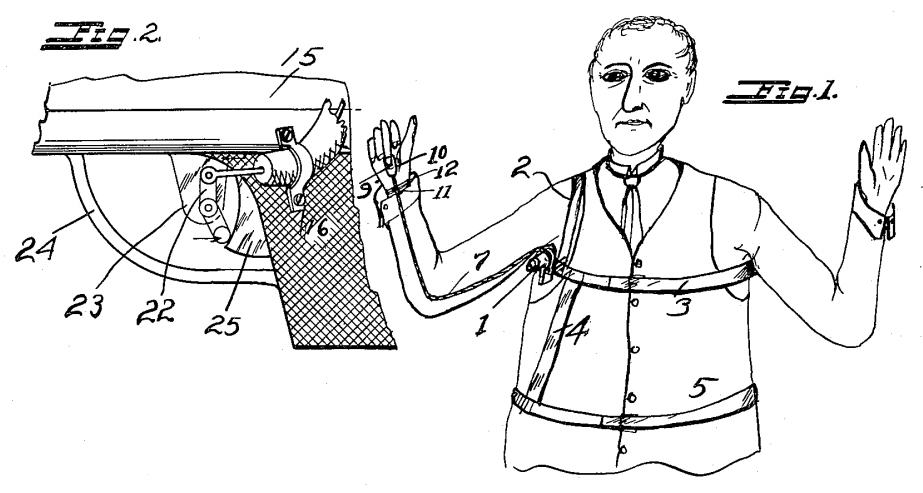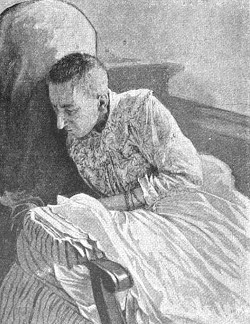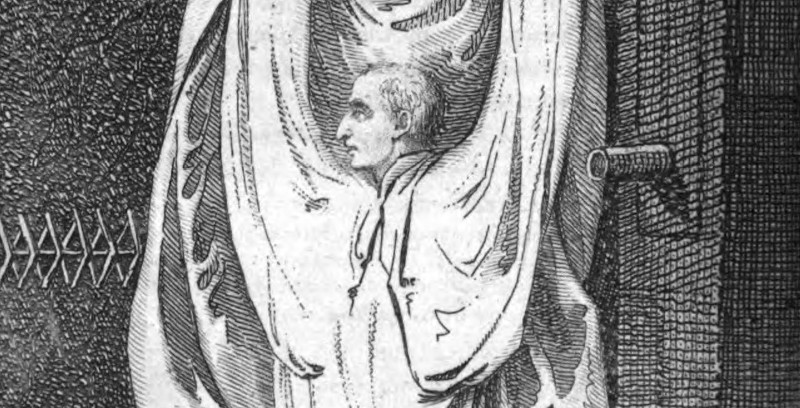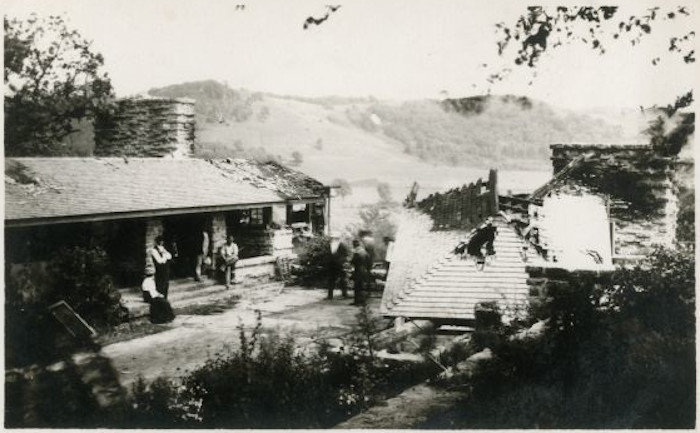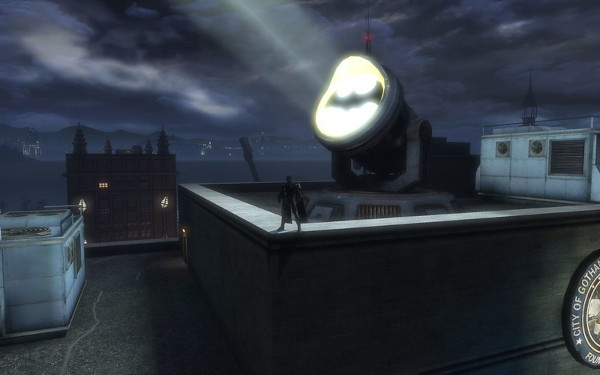
In 1943, Texas panhandle farmer Ray L. Batman converted his farm into a family partnership by transferring some assets to his teenage son, Gerald. But it turned out that the son had no actual desire to become his father’s partner, and in fact Ray had taken the measures against the advice of his accountant, apparently in order to reduce his income tax liability. The IRS deemed the partnership illegitimate and assessed Ray and his wife a fine of $10,000 each.
This meant that, when the family sued the head of the IRS, the case was recorded as Batman v. Commissioner.
John G. Browning collected some further odd case titles for the Texas Bar Journal in 2011:
Schmuck v. United States
United States v. Dolt
Klump v. Duffus
Plough v. Fields
Silver v. Gold
Brain v. Mann
Juicy Whip v. Orange Bang
United States v. Estate of Grace
State of Indiana v. Virtue
Death v. Graves
Easter Seals Society for Crippled Children v. Playboy Enterprises
Julius Goldman’s Egg City v. United States
United States v. Bad Marriage
United States v. Vampire Nation
“And let’s just say that some plaintiffs have identity issues, as demonstrated by I Am the Beast Six Six Six of the Lord of Hosts in Edmond Frank MacGillivray Jr. Now. I Am the Beast Six Six Six of the Lord of Hosts IEFMJN. I Am the Beast Six Six Six of the Lord of Hosts. I Am the Beast Six Six Six of the Lord of Hosts OTLOHIEFMJN. I Am the Beast SSSOTLOHIEFMJN. I Am the Beast Six Six Six. Beast Six Six Six Lord v. Michigan State Police, et al., File No. 5:89:92, 1990 U.S. Dist. Lexis 8792 (W.D. Mich. July 12, 1990). I hear his friends just call him ‘Six.'”



